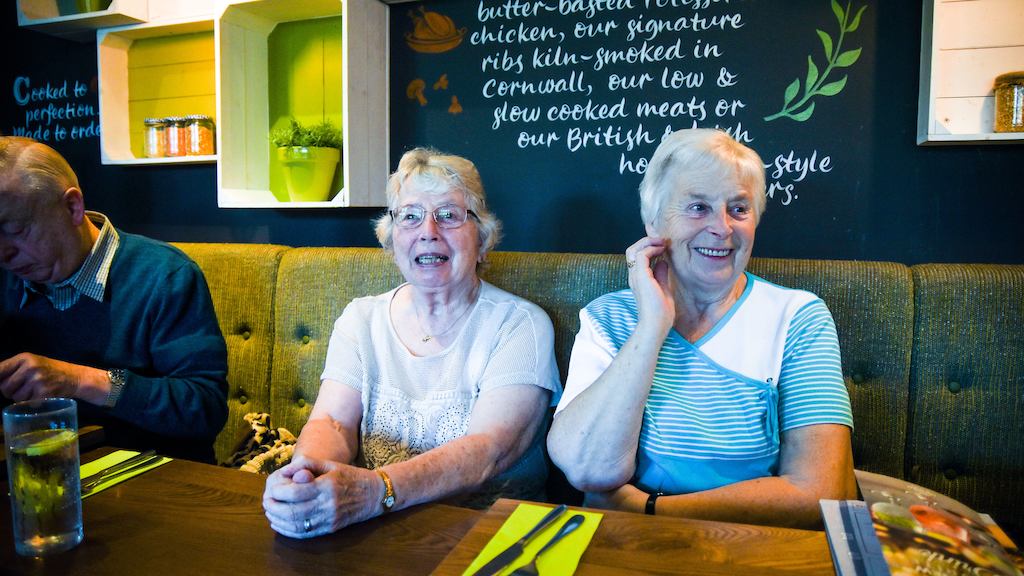Cross Gates and District Good Neighbours’ Scheme CIO (CDGNS), a community organisation working with and for older people in the Crossgates area of Leeds, exists to reduce loneliness, support independence and promote health and wellbeing in later life.
CDGNS started developing the Shared Tables project in October 2015, after local older people identified a lack of social opportunities in the evenings and at weekends as a main barrier to social inclusion. While there are often activities available during the working week, evenings and weekends can be particularly lonely.
Shared Tables offers an alternative to more traditional social events such as coffee mornings, providing opportunities to socialise at weekends and in the evenings. The current group of 11 table hosts meets quarterly to choose venues and set dates and times for Shared Tables.

